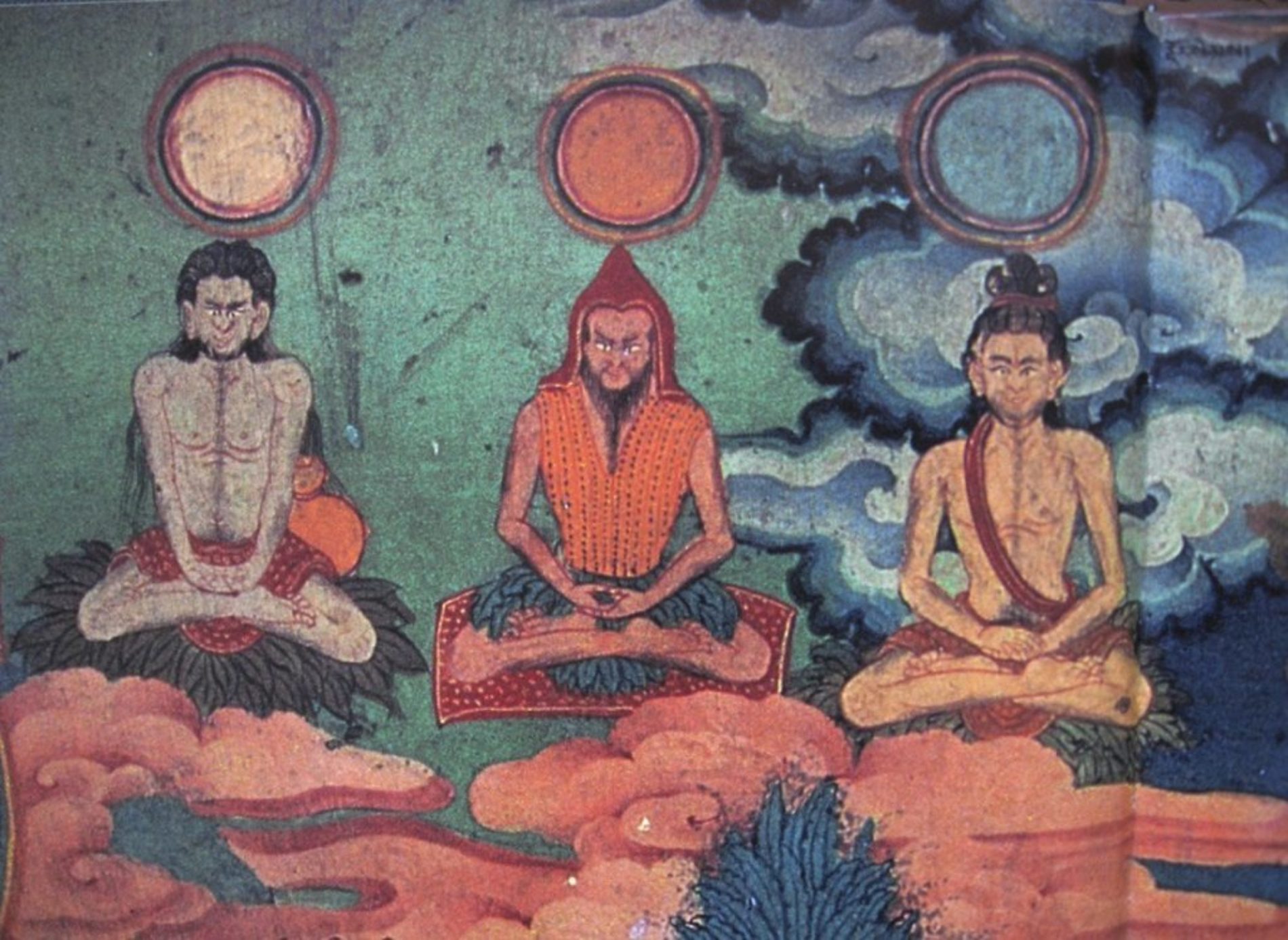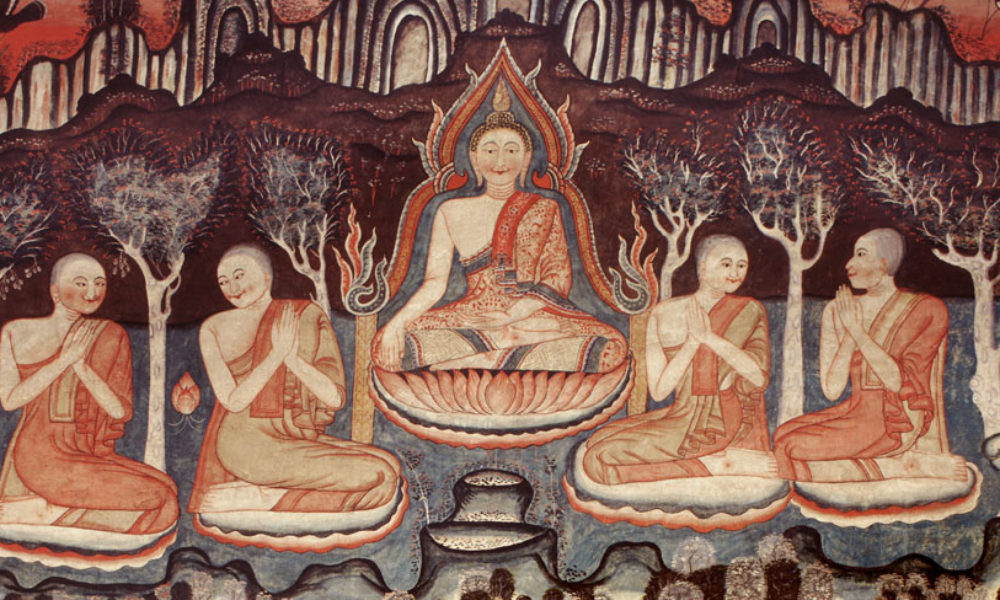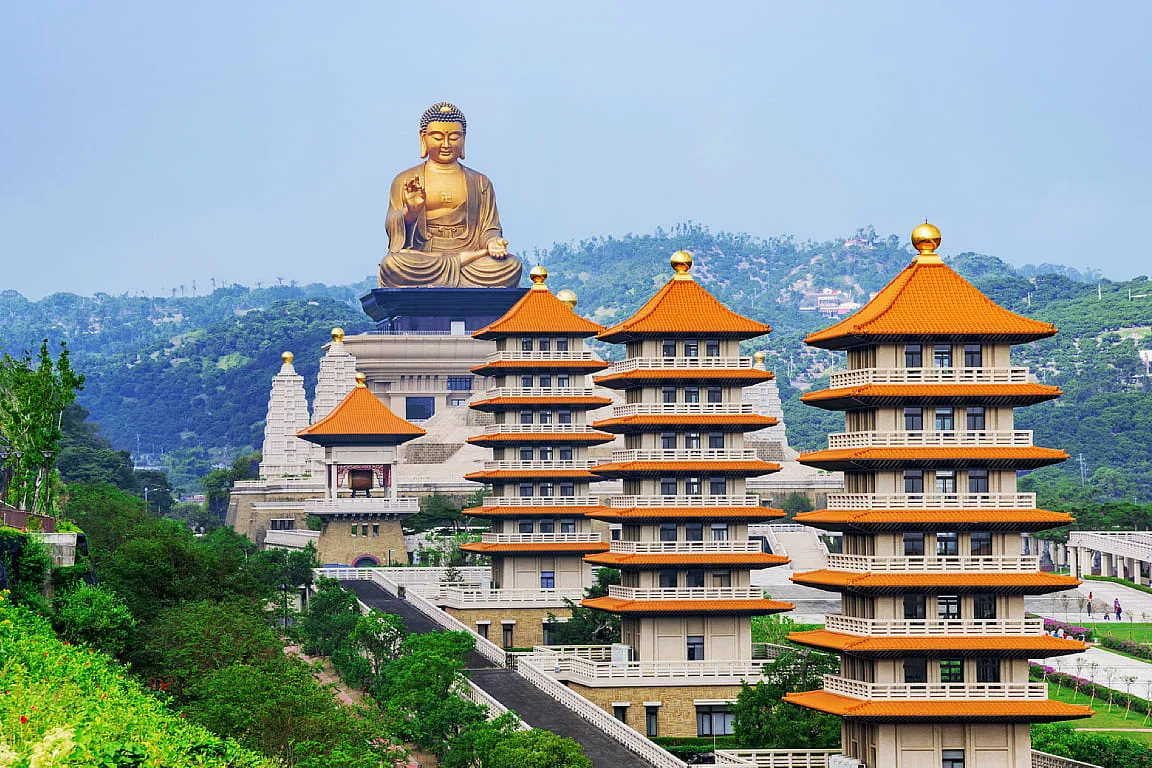In the heart of Tibet’s mystical landscape lies a profound tradition that delves into the depths of human consciousness and spiritual awakening.
Among its many treasures, the Six Yogas of Niguma stand as a testament to the transformative power of ancient wisdom passed down through generations.
Rooted in the visionary transmission from the revered female yogini Sukha Siddhi to the eminent Tibetan master Khyungpo Nenjor, the Six Yogas of Niguma illuminate the path to realization with clarity and precision. These teachings, attributed to the ultimate source of wisdom, Buddha Vajradhara, offer a comprehensive roadmap for practitioners seeking liberation from the shackles of mundane existence.
Central to this sacred tradition are six distinct yogic practices, each offering a unique gateway to profound insight and spiritual mastery.
#1 Tummo: Igniting the Inner Fire
At the core of the Six Yogas lies Tummo, the practice of generating inner heat as bliss. Through meticulous meditation and breath control, practitioners harness the innate energy within, awakening the dormant flame of enlightenment that resides within every being.
#2 Illusory Body: Transcending Dualities
The yoga of the illusory body serves as a profound exploration of the nature of perception and reality. By unraveling the web of attraction and repulsion, practitioners free themselves from the limitations of dualistic thinking, paving the way for boundless compassion and wisdom.
#3 Dream Yoga: Awakening in the Realm of Dreams
Dream yoga offers a gateway to the subconscious realm, where the deceptive appearances of daytime dissolve into the luminous clarity of awareness. Through lucid dreaming and meditative inquiry, practitioners navigate the dream landscape with mindfulness and insight, unraveling the mysteries of the mind.
#4 Clear Light: Illuminating the Essence of Mind
At the pinnacle of the Six Yogas lies the practice of clear light meditation, a profound exploration of the fundamental nature of consciousness. Here, practitioners dive deep into the radiant expanse of pure awareness, transcending the veils of ignorance and delusion to realize the innate luminosity of the mind itself.
#5 Transference of Consciousness: Journey to Buddhahood
In the practice of transference of consciousness, practitioners embark on the ultimate journey towards enlightenment. By mastering the art of conscious dying and rebirth, individuals transcend the cycle of samsara, merging effortlessly with the boundless expanse of awakening.
#6 Bardo: Navigating the Intermediary Realms
The final yoga, Bardo, offers a sacred passage through the intermediate states of existence. Through skillful meditation and contemplation, practitioners navigate the transitional periods between birth and death, awakening to the luminous essence of the Triumphant Ones.
Before embarking on the sacred journey of the Six Yogas, seekers must receive empowerment and oral transmission from a qualified teacher. This essential guidance ensures that the teachings are transmitted with authenticity and integrity, safeguarding the profound wisdom of the lineage for generations to come.
In conclusion, the Six Yogas of Niguma stand as a beacon of light amidst the vast expanse of spiritual teachings. Through diligent practice and unwavering devotion, practitioners unlock the gates to profound realization, embodying the timeless wisdom of the enlightened ones who have walked this sacred path before them.



